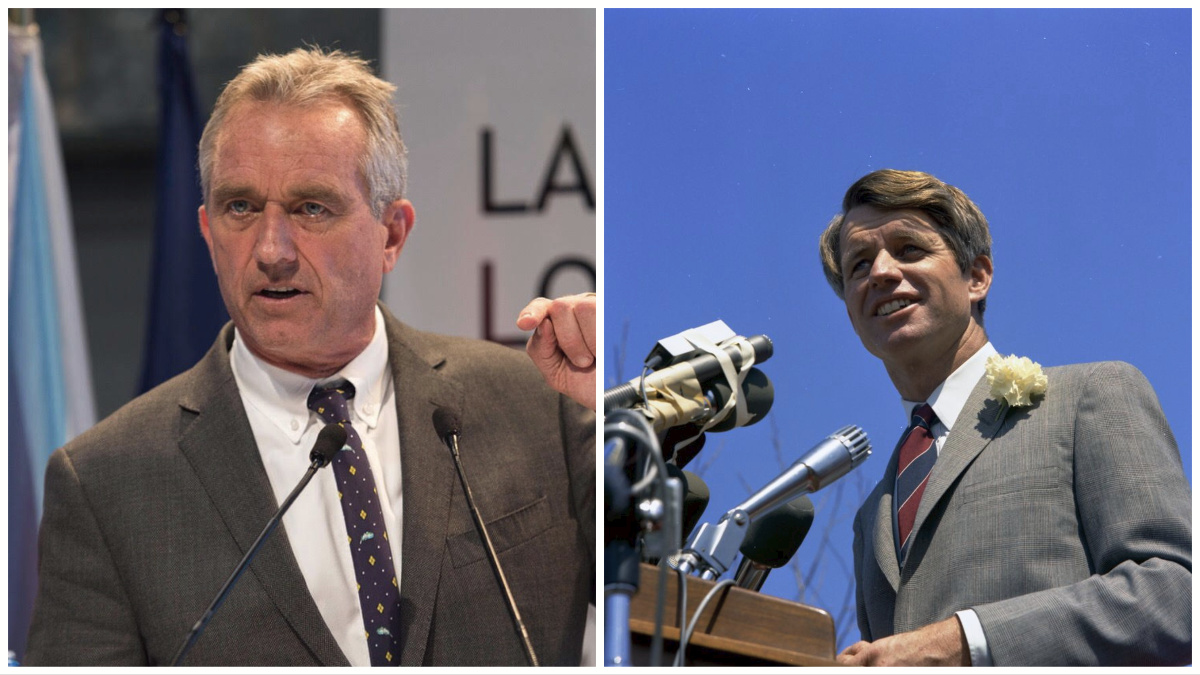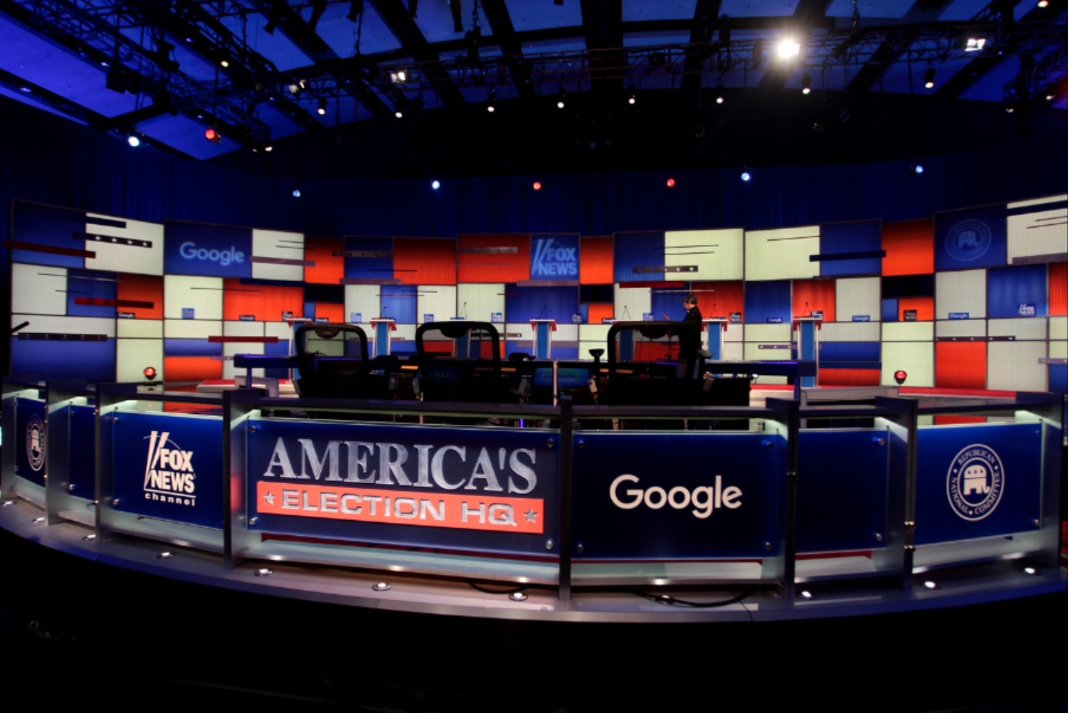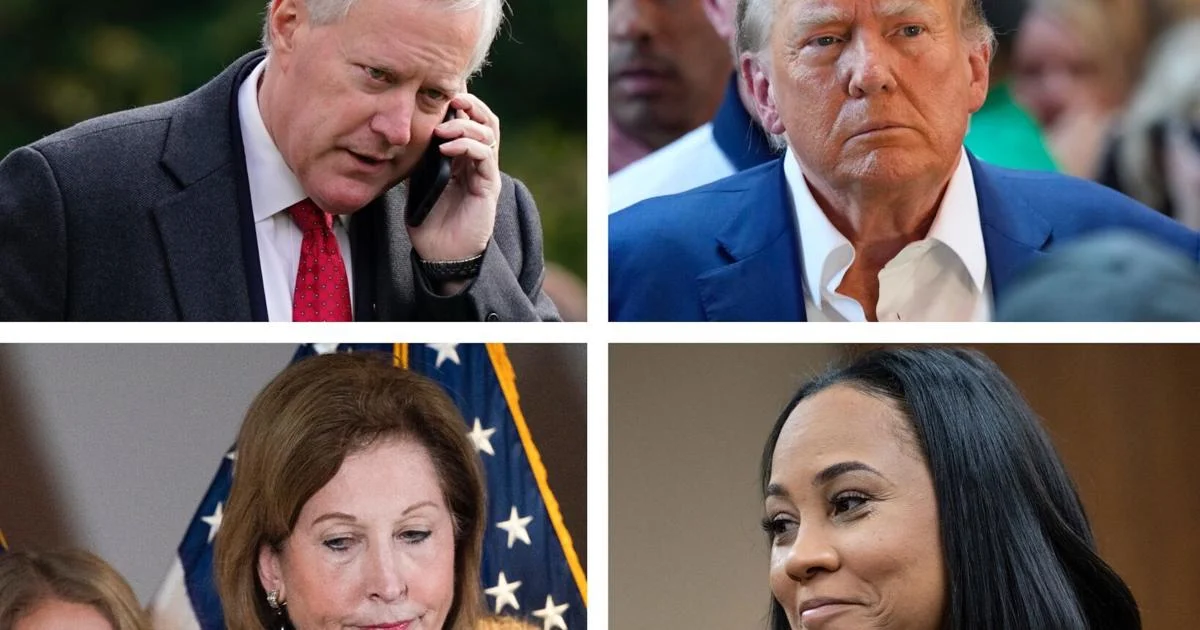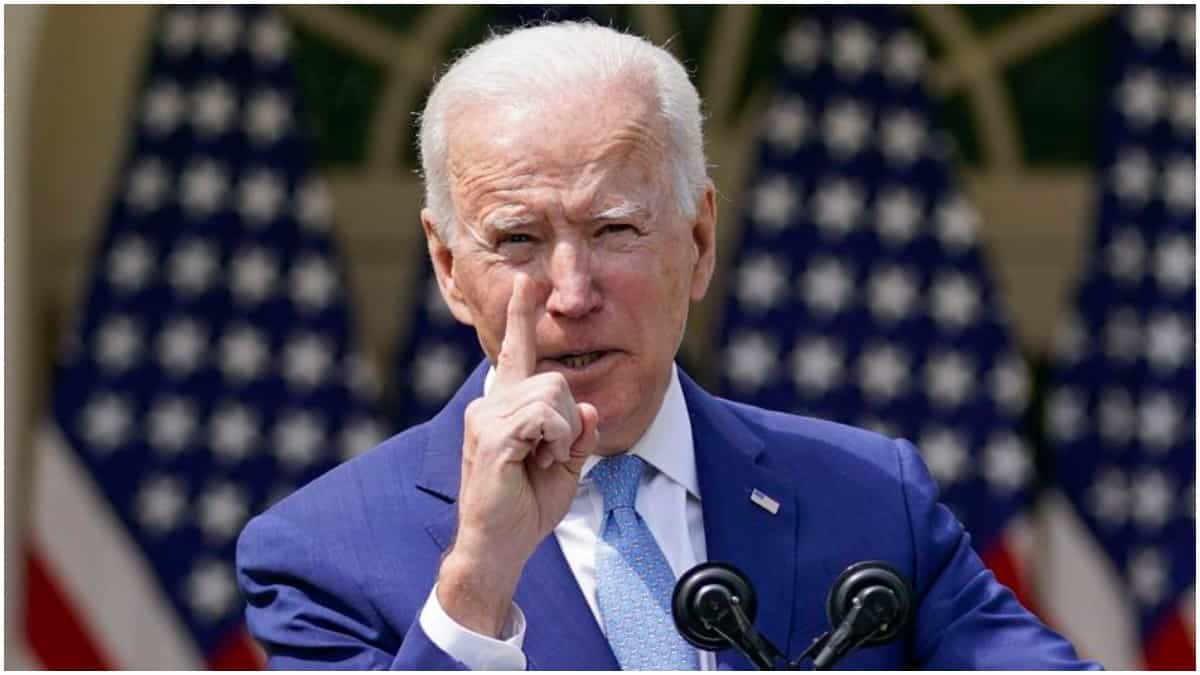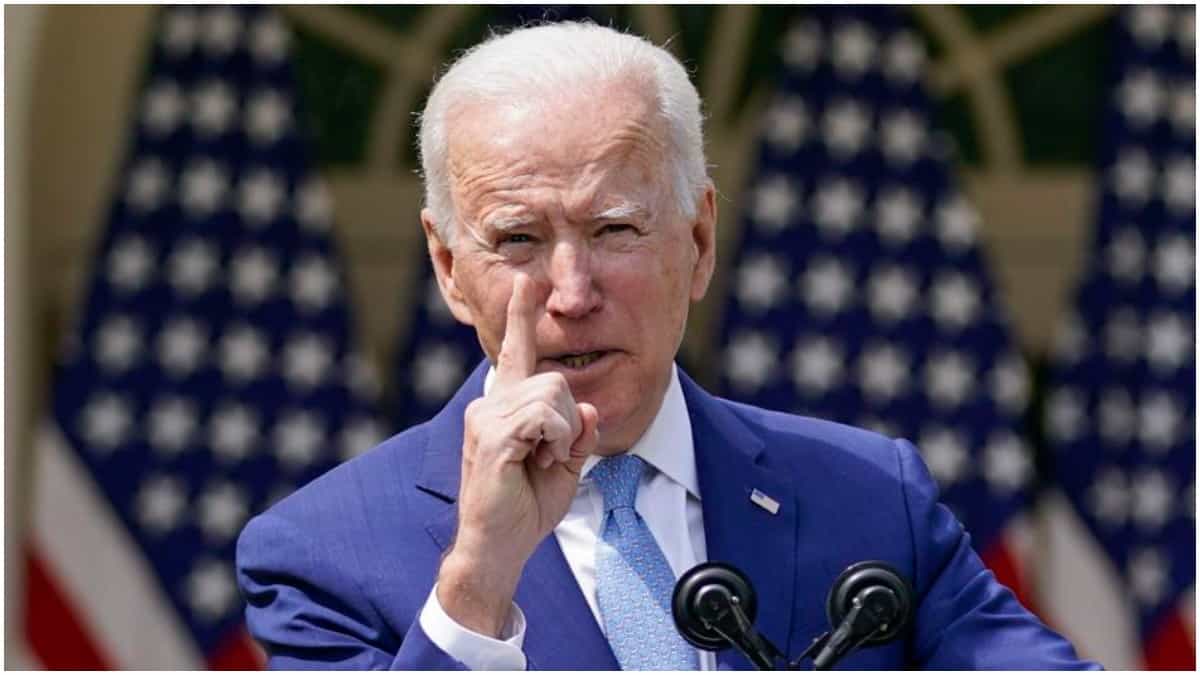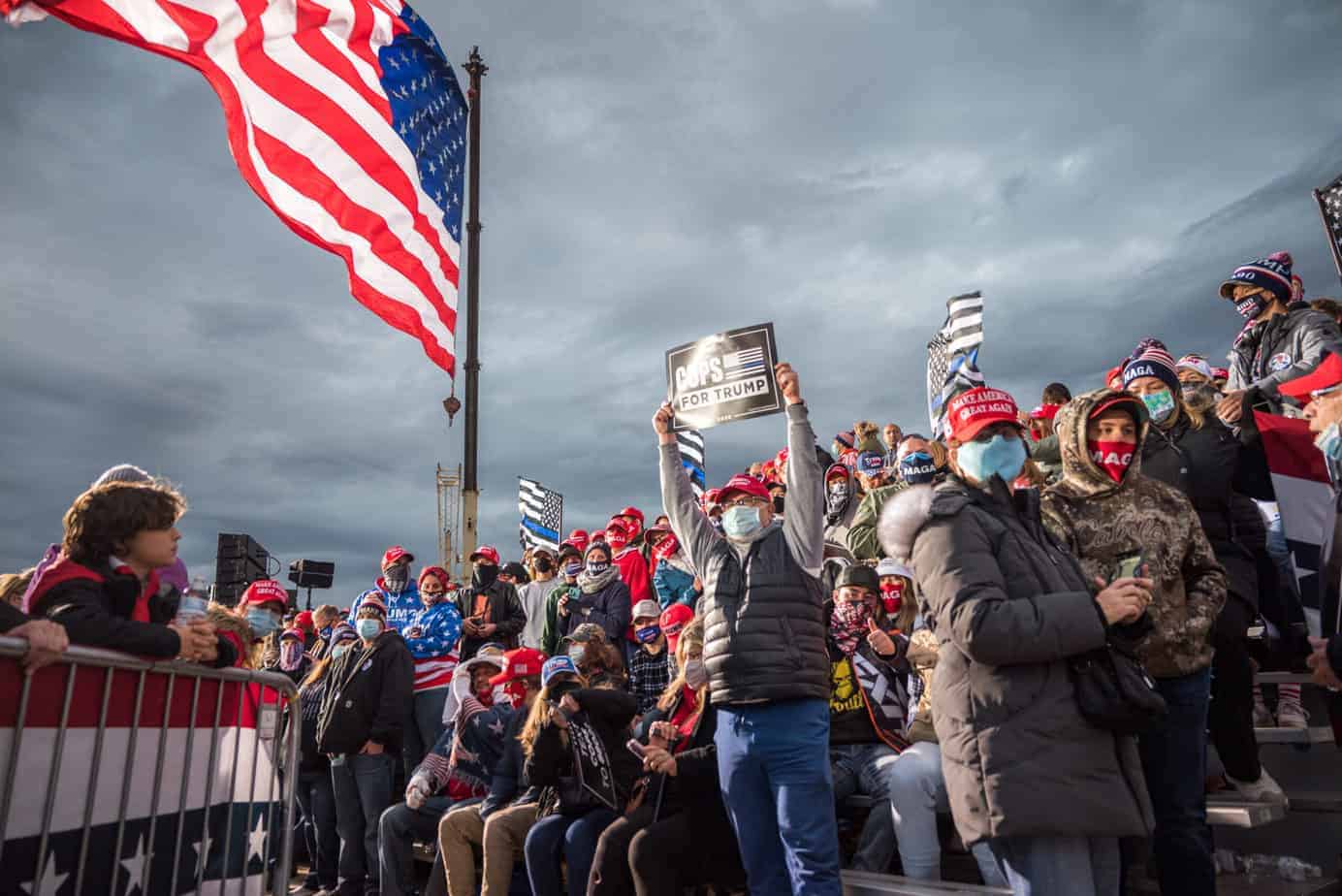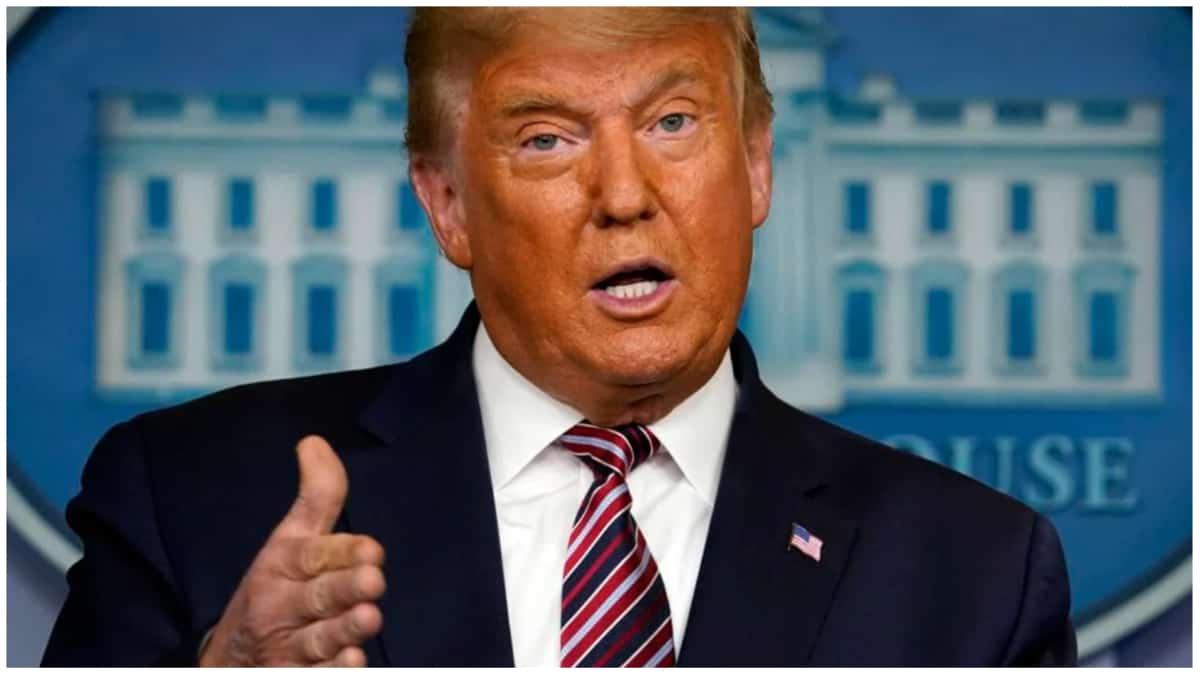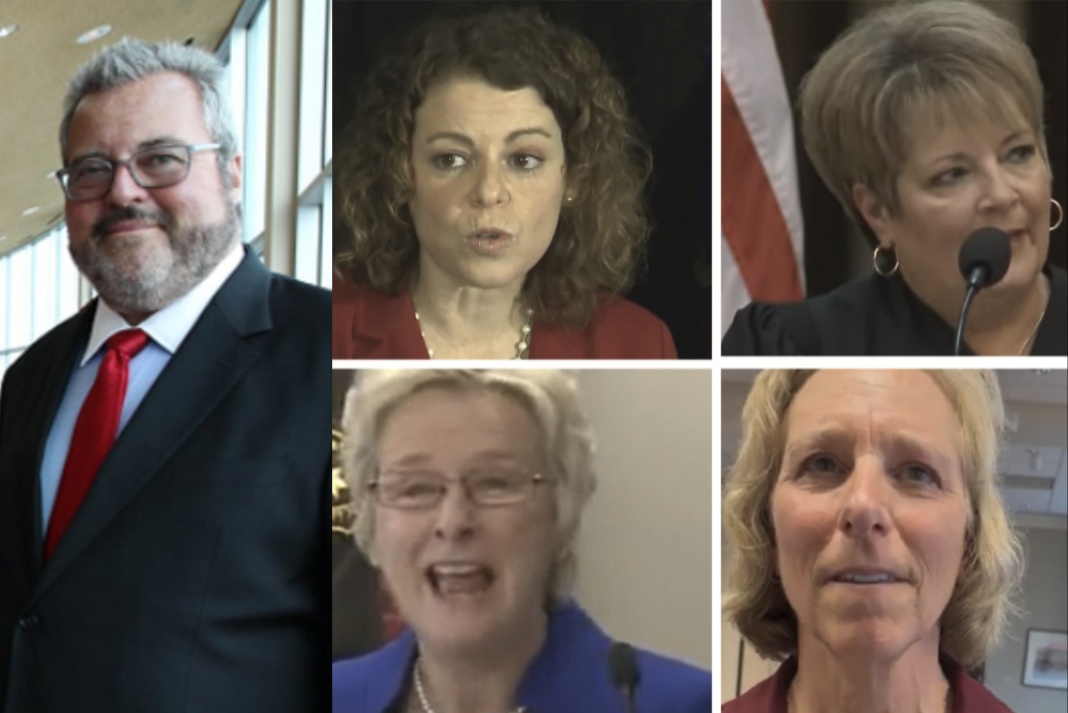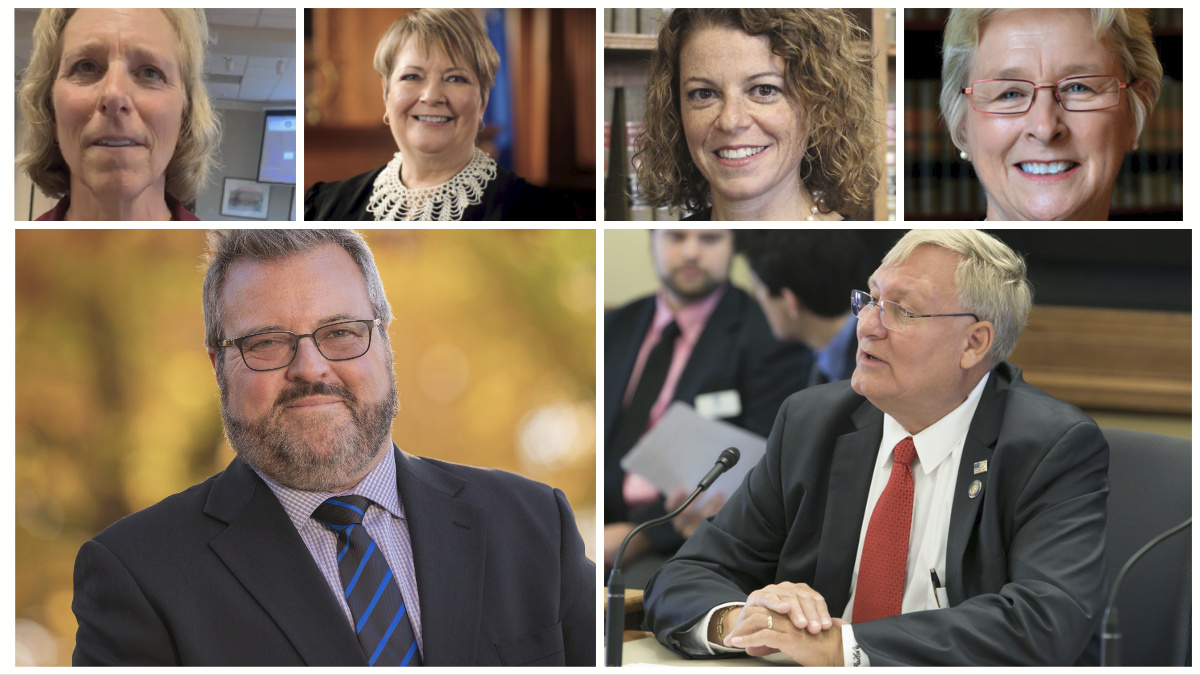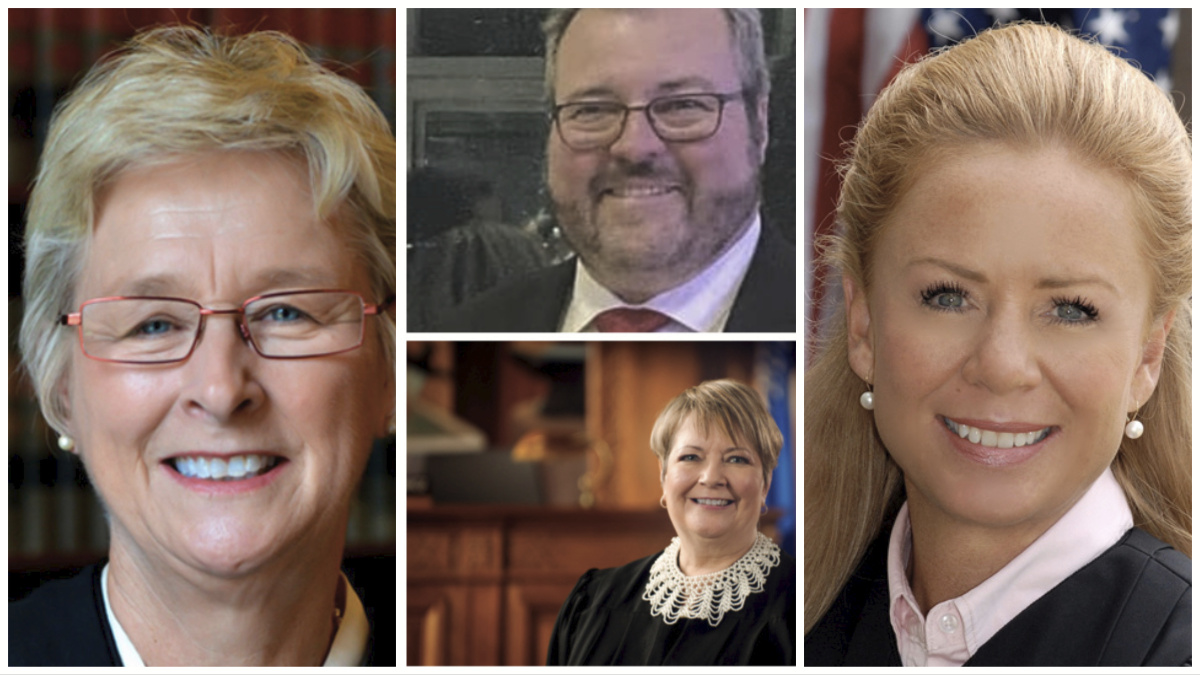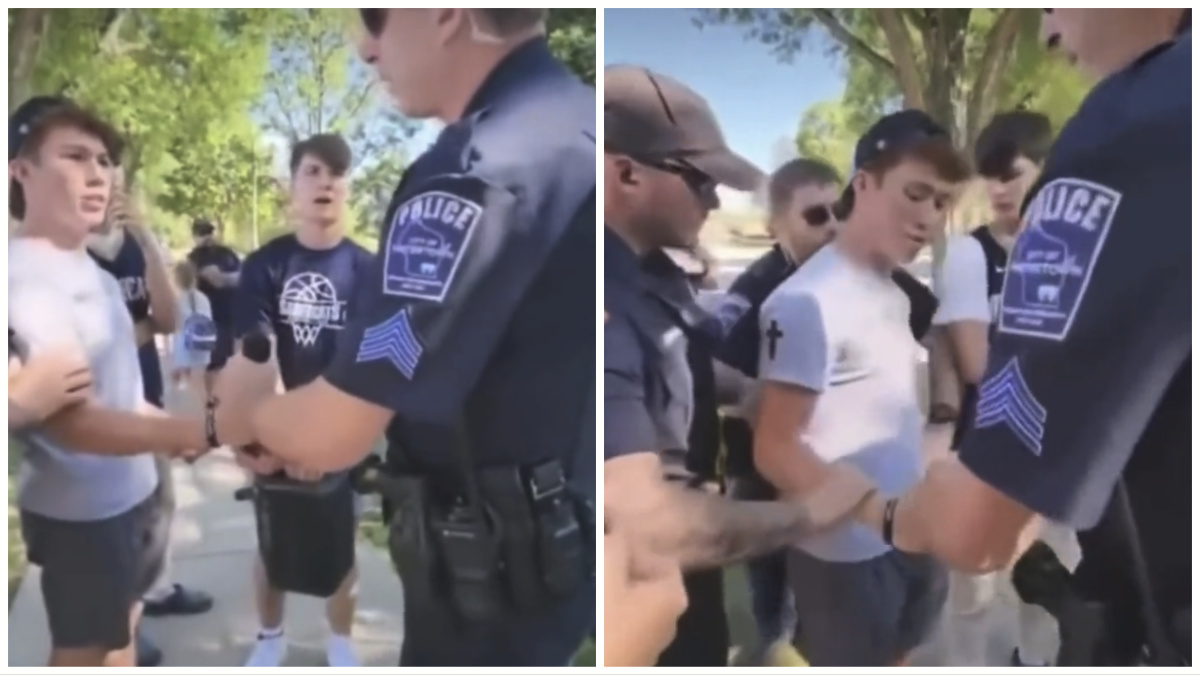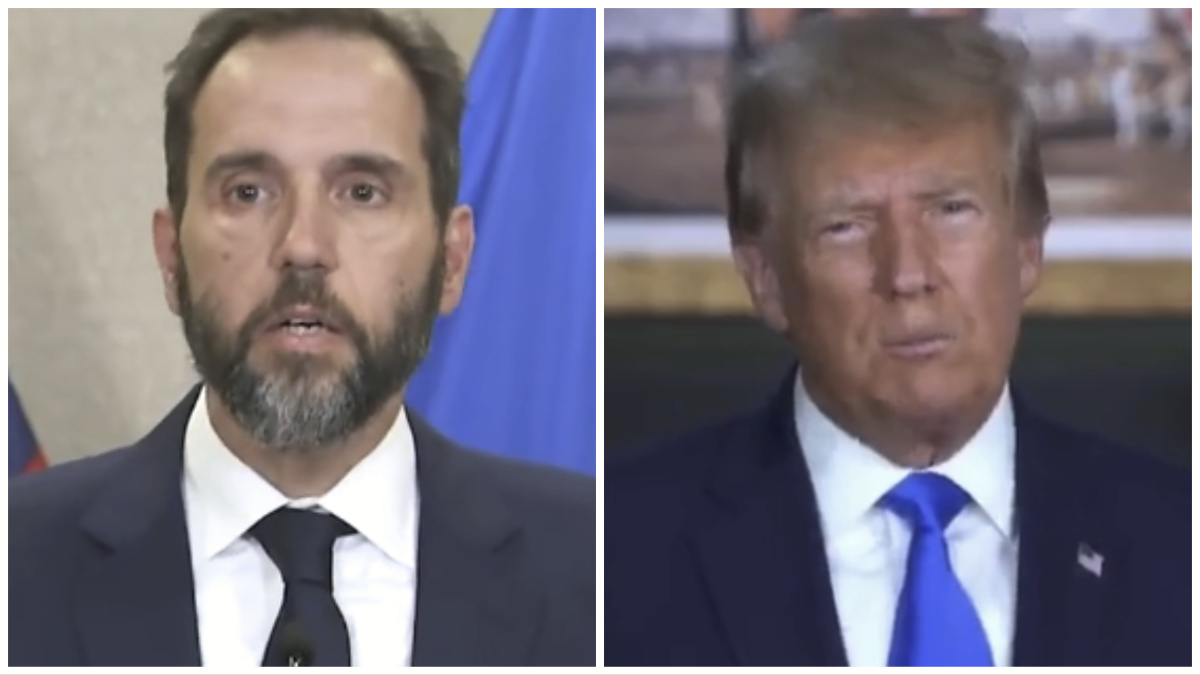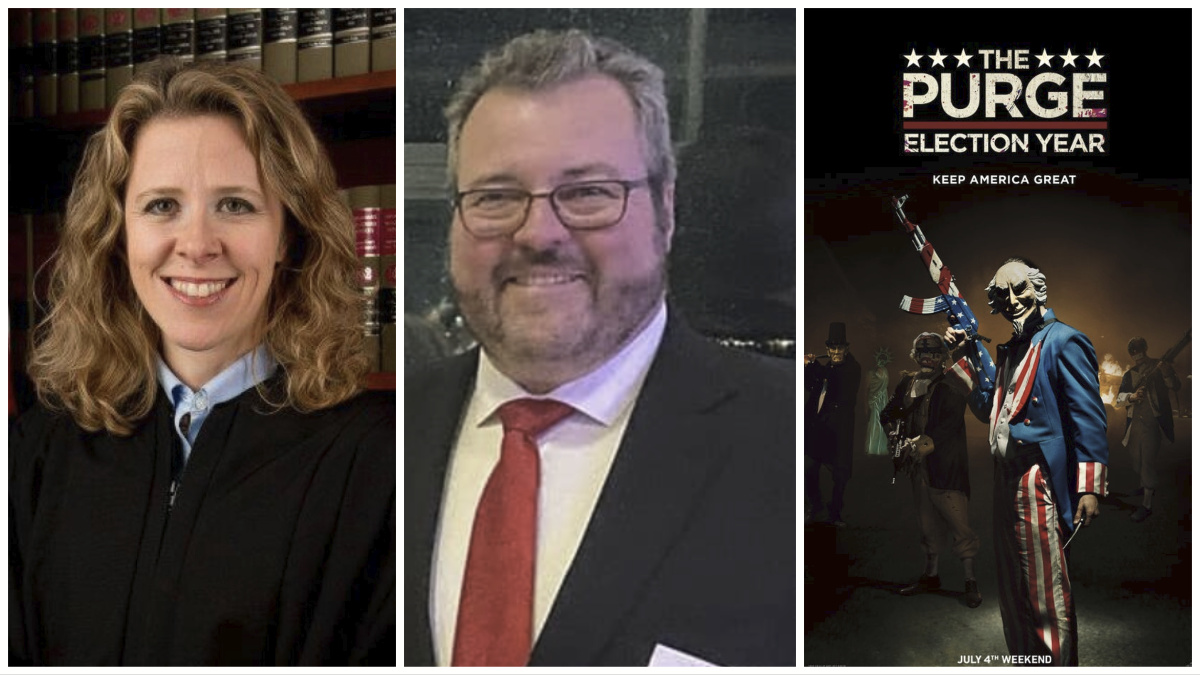RFK Jr., whose namesake father was assassinated while he was a presidential candidate, says that President Joe Biden’s administration has refused to give him Secret Service protection.
“Since the assassination of my father in 1968, candidates for president are provided Secret Service protection. But not me,” he wrote on Twitter (or “X” as it’s been renamed).
“Typical turnaround time for pro forma protection requests from presidential candidates is 14-days. After 88-days of no response and after several follow-ups by our campaign, the Biden Administration just denied our request,” he wrote.
Since the assassination of my father in 1968, candidates for president are provided Secret Service protection. But not me.
Typical turnaround time for pro forma protection requests from presidential candidates is 14-days. After 88-days of no response and after several…— Robert F. Kennedy Jr (@RobertKennedyJr) July 28, 2023
Kennedy quoted Secretary Mayorkas as determining, “I have determined that Secret Service protection for Robert F Kennedy Jr is not warranted at this time.”
RFK Jr. added: “Our campaign’s request included a 67-page report from the world’s leading protection firm, detailing unique and well established security.”
According to the Secret Service’s website, the agency is authorized to protect “major presidential and vice presidential candidates, and their spouses within 120 days of a general presidential election.”
However, NPR noted that exceptions are made; Barack Obama was receiving Secret Service protection as a presidential candidate as early as May 2007. As the spouse of a former president, Hillary Clinton also had Secret Service protection much earlier, NPR reported.
Hunter Biden, as the son of a current president, traveled to the courthouse in a motorcade.
JUST IN: RFK Jr. reveals the Biden administration denied his request for Secret Service protection after 88-days of no response.
“Since the assassination of my father in 1968, candidates for president are provided Secret Service protection. But not me,” RFK Jr. said.
Below is… pic.twitter.com/erFGkvqKVm
— Collin Rugg (@CollinRugg) July 28, 2023
According to NPR, it was Robert F. Kennedy’s assassination that provoked the change whereby the Secret Service protects major candidates.
The Secret Service website explains: “The Secret Service has no role in determining who is to be considered a major candidate. The Secretary of the Homeland Security determines who qualifies as a major candidate and when such protection should commence under the authority of Title 18, United States Code, Section 3056. This determination is made in consultation with an advisory committee comprised of the following individuals:
- Speaker of the House
- House Minority Whip
- Senate Majority Leader
- Senate Minority Leader
- One additional member chosen by the committee.”
According to History Today, Robert F. Kennedy had already won four Democratic primaries and was an active presidential candidate when he was assassinated in 1968 at the Ambassador Hotel in Los Angeles, California, within five years of the assassination of his brother, John F. Kennedy.


